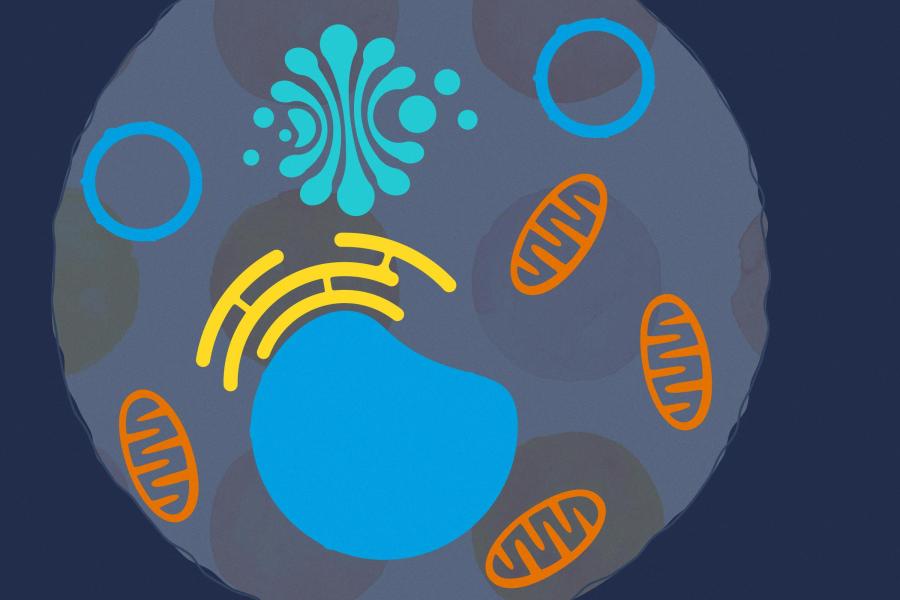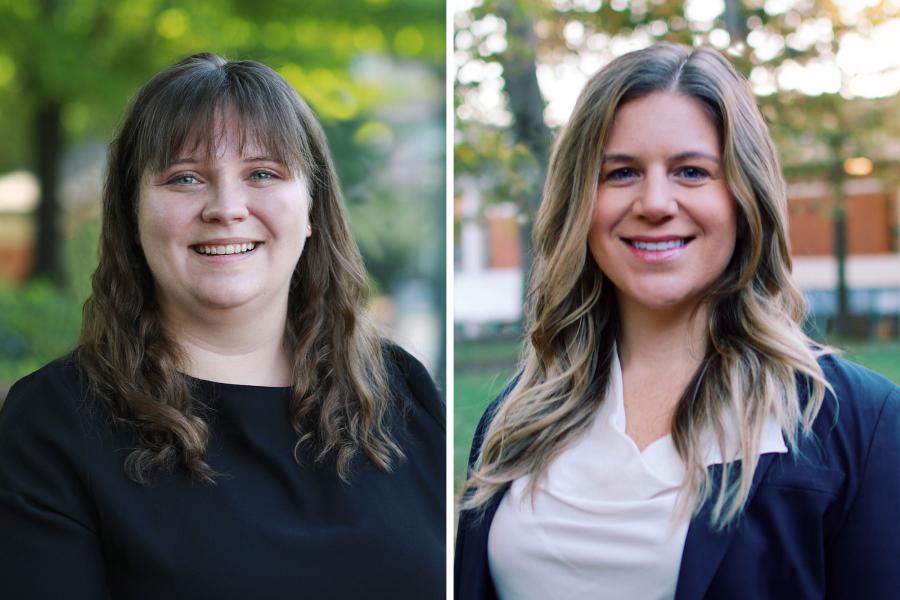When University of Virginia fourth-year student Akimi Gyamfi decided to pursue a virtual summer internship through UVA Global Internships at the Zimbabwe Human Rights Association – known as ZimRights – she had a pretty good idea of the brutal hardships people were being forced to endure. But what she didn’t realize was just how much of an uphill climb they faced in advocating for themselves.
Nowhere was that challenge more evident than during one Zoom videoconference event she took part in. Titled “Media and Culture of Human Rights,” it focused on peace reporting – journalism aimed at shedding light on structural and cultural causes of violence – and the importance of whistleblowing.
“I remember I was shocked about how adamant and active people in Zimbabwe have to be to protect their basic human rights,” said Gyamfi, a philosophy major from Amberg, Germany, whose family recently relocated to Georgia. “It was eye-opening to realize how important community action and agenda-setting are. It made me appreciate the reliable access I have to media, the internet and multiple methods of communication, which consequently reminded me of how important it is to spread factual, informative and unbiased information to help and spread awareness for those who may be suffering abroad and don’t have the same accessibility.”
Rising third-year student Michael Biggiani had similar experiences in his virtual internship with the Africa Disability Alliance, located in Pretoria, South Africa. Biggiani participated in a meeting with students of the University of Malawi that centered on how COVID-19 had affected their communities, especially people with disabilities.
“The experiences deeply impacted me, both as a student and a human being,” said Biggiani, an Oyster Bay, New York, resident who is majoring in biology. “Working with [ADA] provided me with an incredible exposure to real life.”
Gyamfi and Biggiani were two of 32 students who took part in the Global Studies-sponsored academic Virtual Global Internships program. Their connections with internship hosts were made in partnership with the Presidential Precinct – a Charlottesville-based nonprofit that brings together UVA, William & Mary, Morven Farm, Monticello, Montpelier and Highland to offer resources to emerging community leaders around the world. Many of the hosts, as alumni of the Mandela Washington Fellowship, knew Charlottesville well, having spent six weeks with the Presidential Precinct.
The vast majority of the students worked with organizations in sub-Saharan Africa. Those who didn’t worked with a longstanding partner organization in Peru.
“Our collaboration with the Presidential Precinct opened new doors for the VGI program, providing UVA students opportunities to learn from incredibly impressive Mandela Washington Fellowship alumni and their colleagues about current conditions and social issues across the diverse African continent,” said Ingrid Hakala, the director of UVA Global Internships: “In many ways, the virtual nature of this education-abroad program was a boon, allowing us to further expand our global reach and requiring our students to intellectually engage with their host organizations’ missions though their remote work.”
UVA Today caught up with Gyamfi and Biggiani to learn more about their time in the program.
Q. Overall, what were the biggest things you think you learned from your experience that you’ll be able to take with you into your professional career?
AG: I developed my writing skills in drafting lengthy write-ups that can be accessed by ZimRights staff and ordinary citizens of Zimbabwe. Additionally, I was able to identify action items for ZimRights to pursue in combating human rights violations and to learn about the history and political playing field of Zimbabwe’s government, people and communities. I learned first and foremost that the fight to gain, maintain and protect is a constant endeavor that cannot be achieved unless communities and collectives work together to achieve them, as we could lose them at a moment’s notice.










